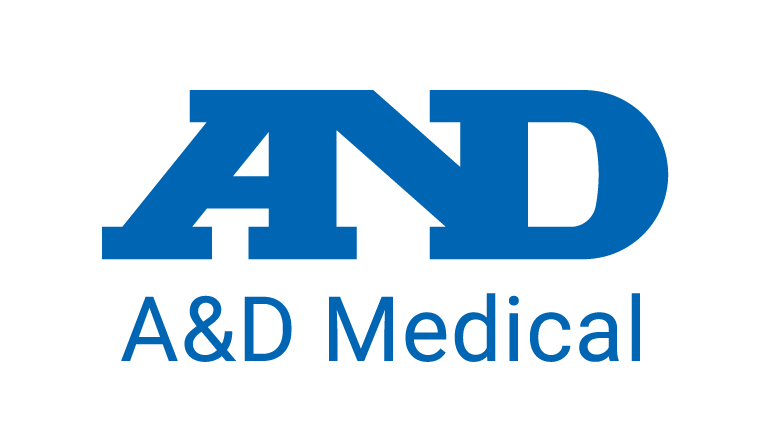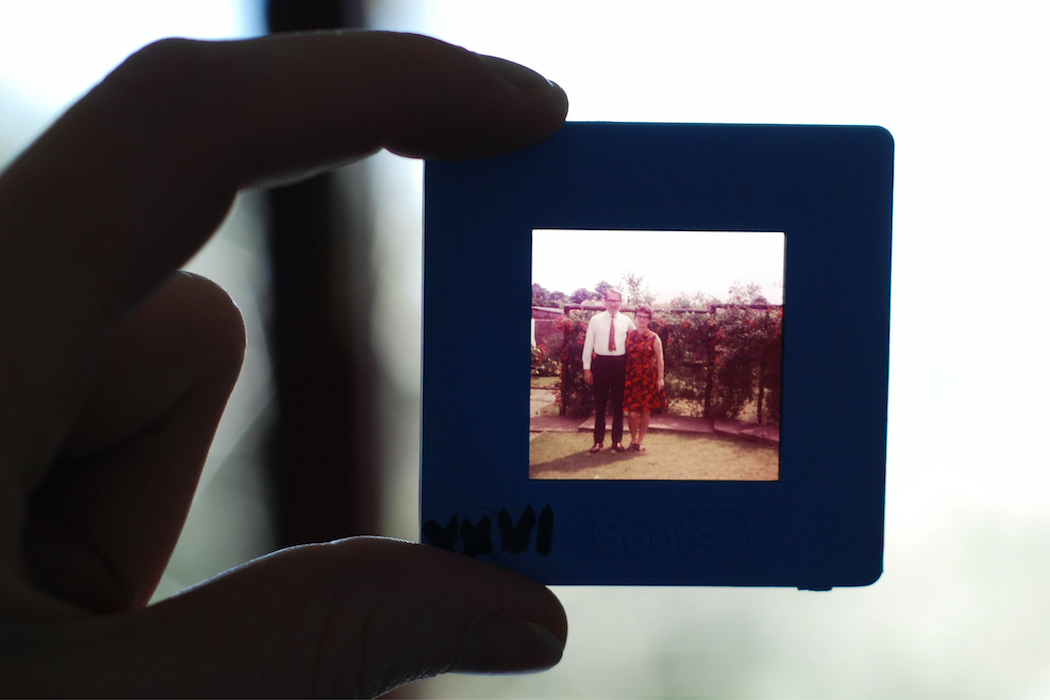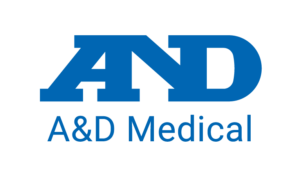Knowing Your Heart History
There’s a basic human instinct to know where we come from. With new technology, like genetic testing kits, we can easily find out more than ever before.
This fascination with knowing our family history can have a real impact on your life and health in the present. It turns out that those lengthy family history questionnaires at the doctor’s office really have value. When it comes to knowing your own risk for developing heart related health issues, it’s all in the family – literally.
Branch Out
You probably know your immediate family’s health history, but getting the full picture of your genetic predispositions means going a little further out on your family tree. Ideally, three generations. This will help your doctor look for patterns or risk factors for a variety of conditions, including hypertension, cardiovascular disease, diabetes and more.
So who do you include? A comprehensive family history includes children, siblings, parents, aunts and uncles, nieces and nephews, grandparents, and cousins. It’s a lot, but think of it as a good excuse to reach out, check in, or reconnect.
What information should you cover? It is important to note medical conditions and their diagnosis dates (including mental health and substance abuse), pregnancy complications, and anything unusual. Don’t forget to record each relative’s date of birth (and death, if applicable, as well as the cause), sex, ethnicity, and notable lifestyle habits.
Beyond Genes
You may find out your family doesn’t have the best track record when it comes to heart health.
Luckily, it doesn’t mean you’re doomed. You can still make changes to your environment and lifestyle to lower your risk of developing the same conditions.
Studies have shown that weight gain as small as six pounds can significantly alter gene behavior. A negative statistic like that may sound scary, but it also means that you have some positive control over your heart health, despite what your family history may be.



